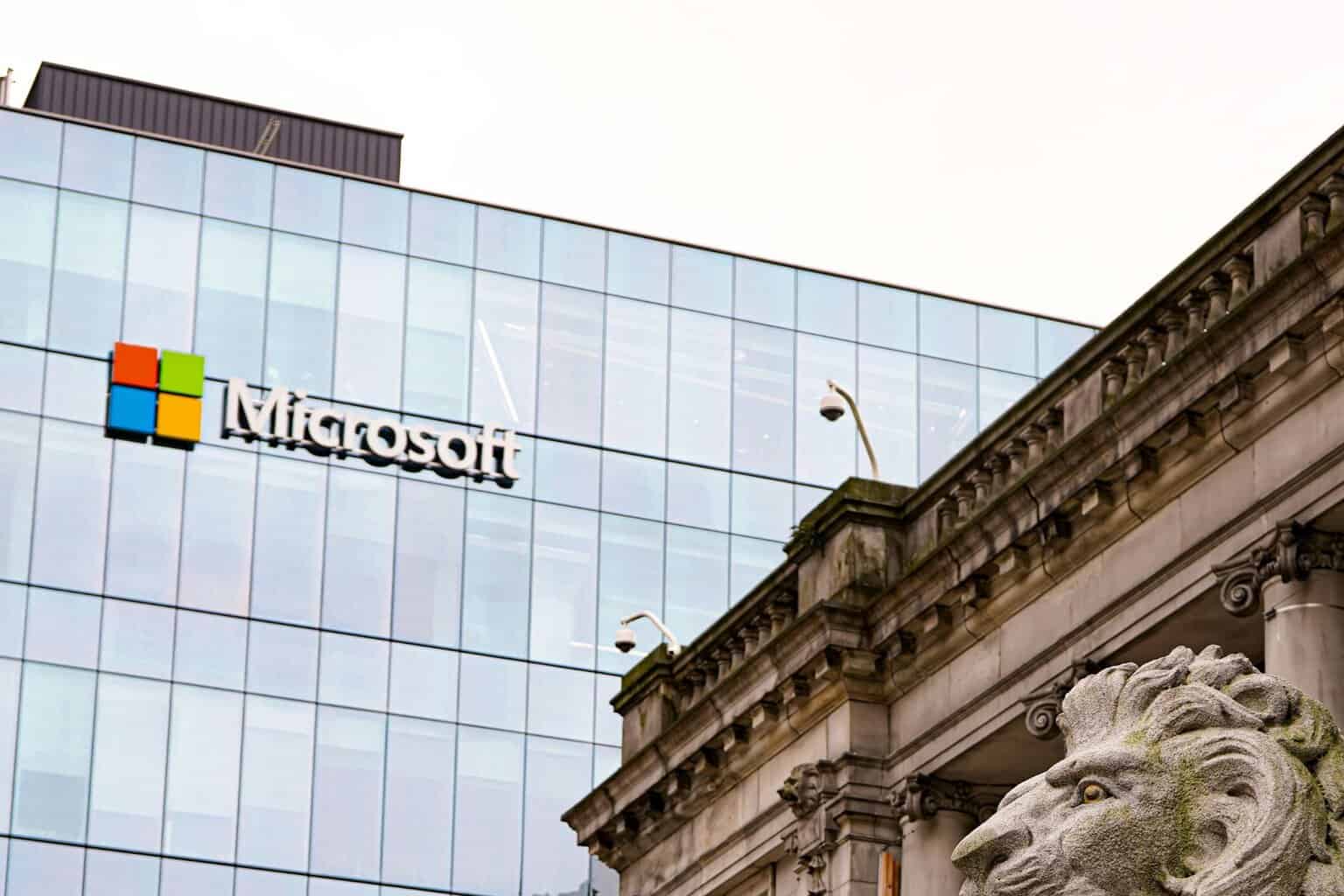Microsoft reverses course, extends Windows 7 and 8.1 support for Skylake-based hardware
2 min. read
Published on
Read our disclosure page to find out how can you help Windows Report sustain the editorial team. Read more

Microsoft previously stated that it would not be supporting devices running Windows 7 or Windows 8.1 past 2018. However, it appears Microsoft has had a change of heart. Today, Microsoft announced that it will extend support for Windows 7 and Windows 8.1 devices that are running 6th generation Intel Core (Skylake) processors.
Microsoft is changing their 6th generation Intel Core (Skylake) support policy. Instead of ending the Skylake support period on July 17, 2018, Microsoft will extend the Skylake support dates for Windows 7 and Windows 8.1. Microsoft will also provide all necessary security updates for Windows 7 and Windows 8.1 too. Microsoft made the policy change based primarily on user feedback from their enterprise customers.
Please note that this policy only applies to enterprise customers and does not affect customers that are already running Windows 10. Here is a list of the changes for enterprise customers still running Windows 7 and Windows 8.1:
- Today Windows 7 is in extended support and support will end for Windows 7 on January 14, 2020, and support for Windows 8.1 will end January 10, 2023.
- 6th Gen Intel Core devices on Windows 7 and Windows 8.1 will be supported with all applicable security updates until the end of support for Windows 7 and Windows 8.1.
- This change is made possible through the strong partnership with our OEM partners and Intel who will be performing security update validation testing and upgrade testing for 6th Gen Intel Core systems running Windows 7 and Windows 8.1 through the end of support dates.
- As previously communicated earlier this year, future silicon platforms including Intel’s upcoming 7th Gen Intel Core (Kaby Lake) processor family and AMD’s 7th generation processors (e.g. Bristol Ridge) will only be supported on Windows 10, and all future silicon releases will require the latest release of Windows 10.
Relying mainly on user feedback, Microsoft will continue to provide its customers the best Windows experience possible. Changing their Windows 7 and Windows 8.1 support policies will allow enterprise customers extra time to buy more modern hardware and prepare to deploy their current systems to Windows 10.
Check the Microsoft lifecycle support policy FAQ for more information.








User forum
0 messages